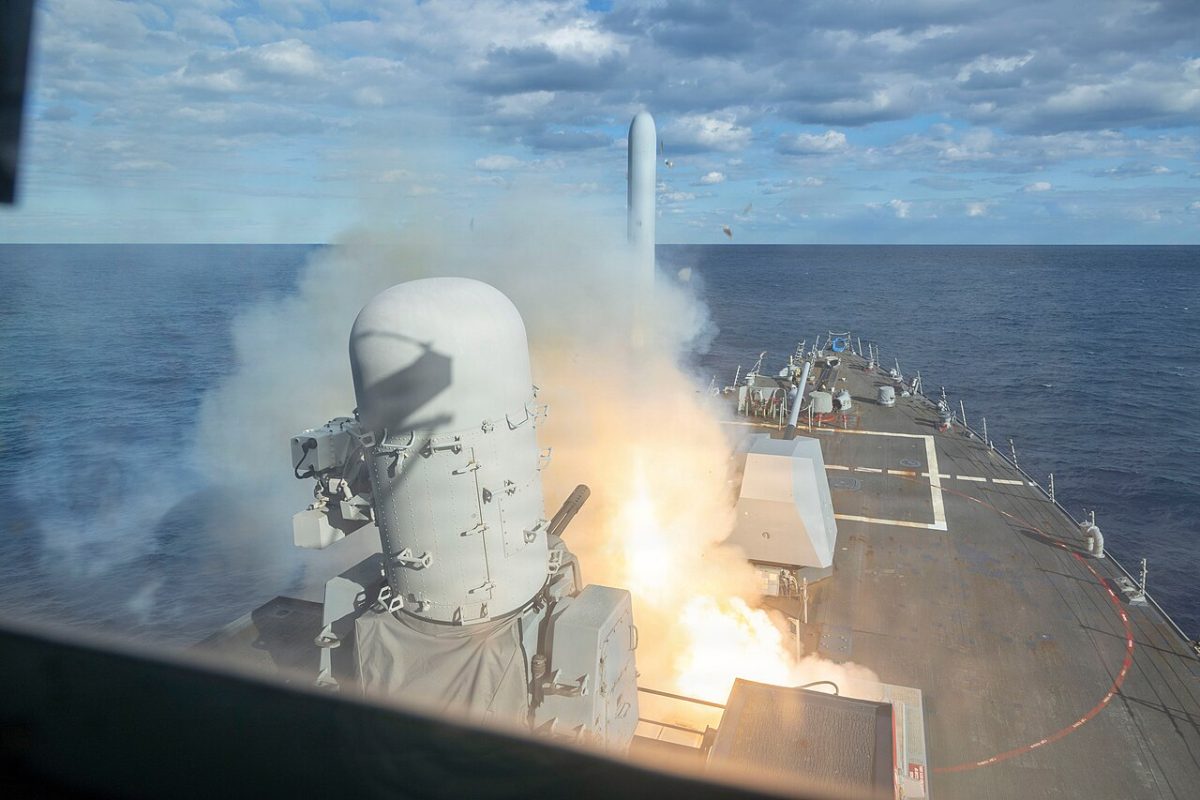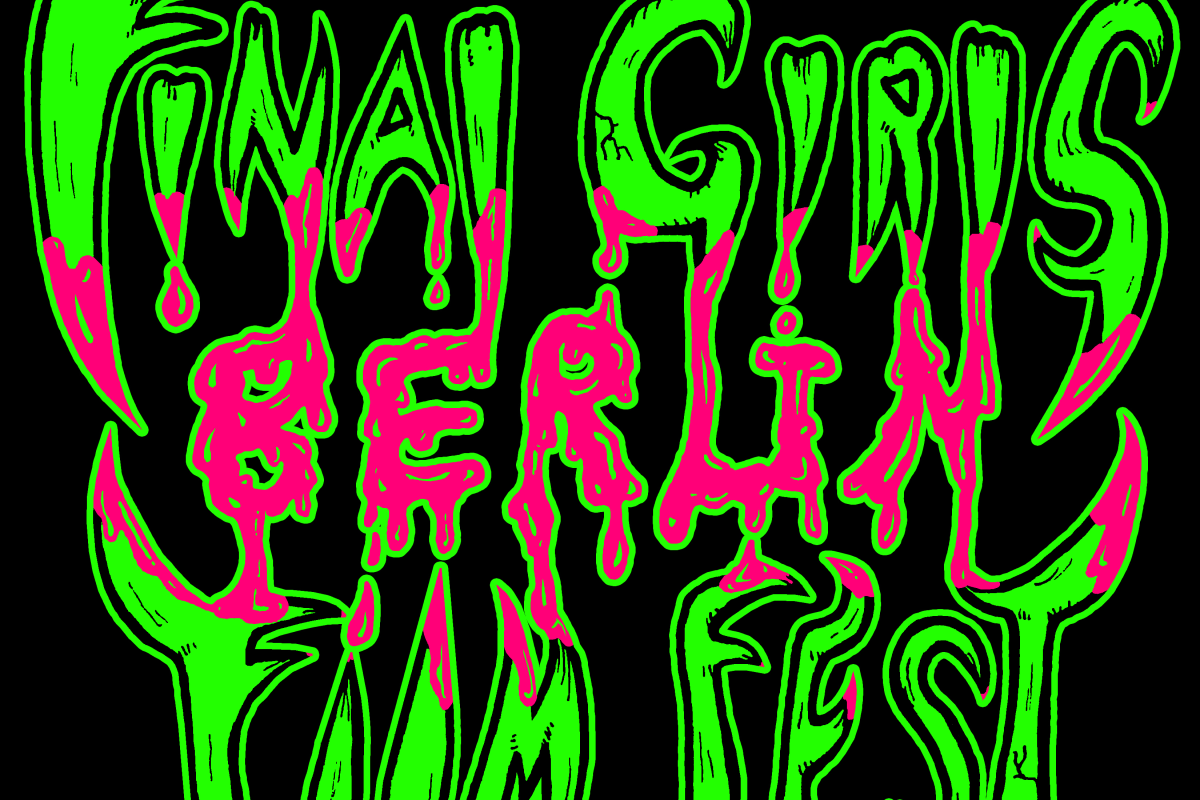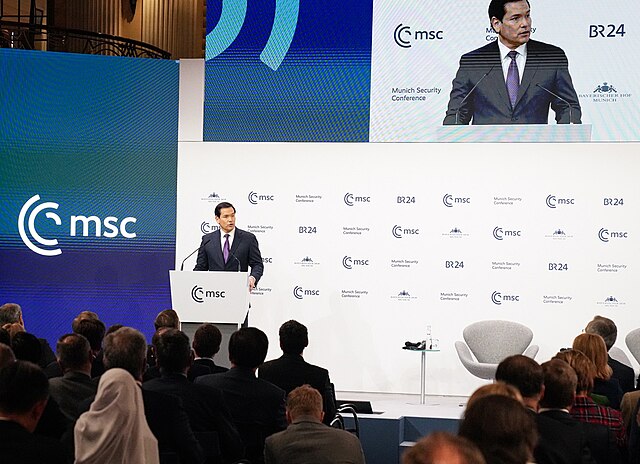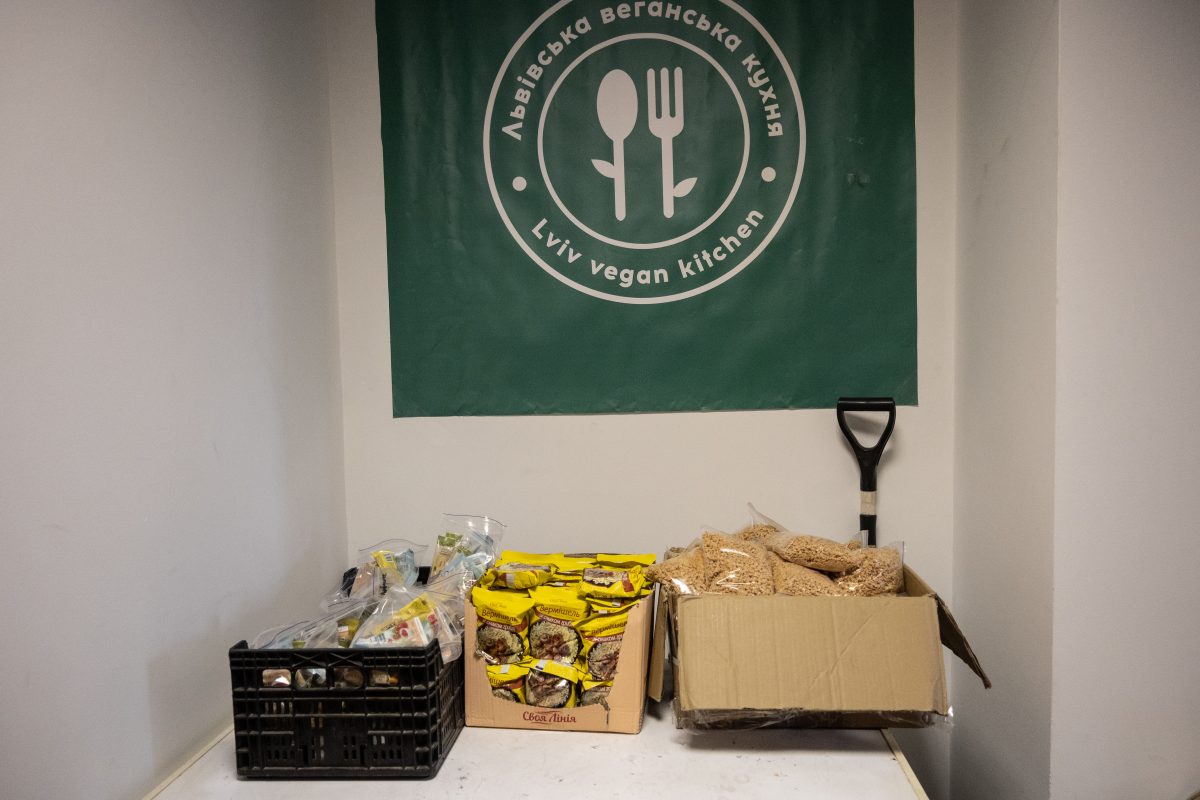Ararat collective was founded by Armenians in Berlin following the 44-day war against Artsakh by Azerbaijan, which together with its Turkish and Islamist allies killed over 4,000 Armenians and ethnically cleansed over 70,000 in the Fall of 2020. During the protests against the war, we realized that we needed a platform for Armenians who actively oppose colonialism, imperialism and patriarchy in all their forms, and who wish to focus on an internationalist approach to resistance—building links and practical solidarity between all of the communities targeted by Turkish fascism, including Assyrians, Yazidis, and Kurds.
Together with members of these communities we started to meet and exchange and organized several demonstrations under the call “United Against Turkish Fascism”. We found many 1st, 2nd and 3rd generation exiles from our region who are eager to engage in conversations and get to know each other here in ways that are not possible under the shadow of fascism and war in our homelands.
At the same time, Germany is not exactly a safe refuge for our communities. Besides facing deportations and racism as other migrants and refugees, there are also very real threats from Turkish fascist organizations such as the Grey Wolves (Ülkücü), which are estimated to be the largest fascist organization in Germany with 18,000+ members. More broadly, many Turkish migrants remain ideologically aligned with the nationalist, panturkish and religious-chauvinist doctrines of Turkey and Azerbaijan, such that daily racism, threats and genocide denialism are a constantly reopening our wounds in schools, the streets, and the media.
Furthermore, the German state, politicians and capital remain deeply invested in their military alliance with Turkish imperialism, and heavily police our communities and our resistance. The media here is also largely silent on Turkey’s aggressions, war crimes, genocide denialism and acts of ethnic cleansing and ethnocide. This is particularly painful given Germany’s deep complicity in the Armenian and Seyfo Genocide of 1915 as an ally of the collapsing Ottoman empire and then the Young Turk’s regime. There has been almost no official recognition of how German leadership knew of the three Pasha’s intention to annihilate the Ottoman minorities and yet continued to supply weapons, infrastructure and logistical support, while arguing that the “disloyal” Armenians deserved it.
The response of EU governments—but also of civil society and the left—to the war has been shockingly inadequate if we consider that the fact that a Turkish state that still denies the genocide it was founded upon has now gone to war with the remaining people it could not destroy and has announced its intention to “complete the mission of the forefathers”, as Erdogan recently stated, while continuing to use terms like Lebensraum at a high level of government.
All of this means it is more crucial for than ever Armenians to come together with each other and with potential allies, especially those of us who are not blinded by the hypocrisy of Western ‘humanitarianism’ and ‘democracy’ and do not succumb to the wishful thinking that after 106 years the West, or Russia or any other great power is willing to save us from this perilous moment.
Last but not least, Armenian diasporic life is a space of great potential joy and divergent experiences. We have much to learn much from one another and about the cultures and politics we have been part of and the places we have called home after the Aghet—the catastrophe. Armenians in Berlin come from the state of Armenia (East Armenia), from West Armenia (occupied by Turkey), from Syria, Iran, Lebanon, California and all over the world.
Follow us on Instagram.



